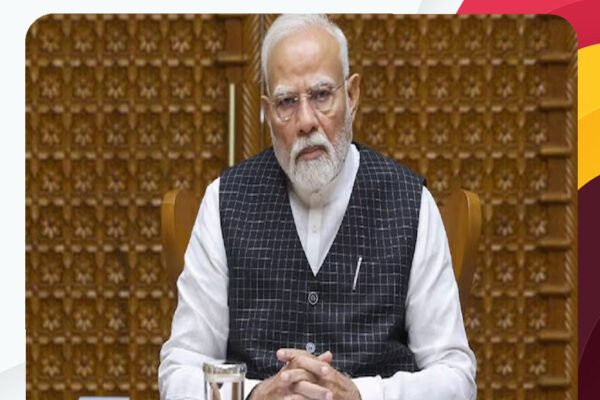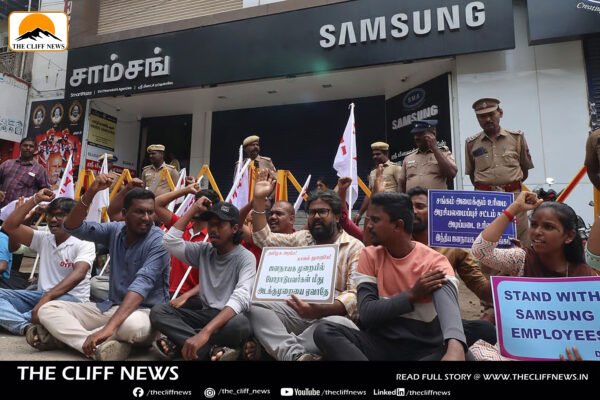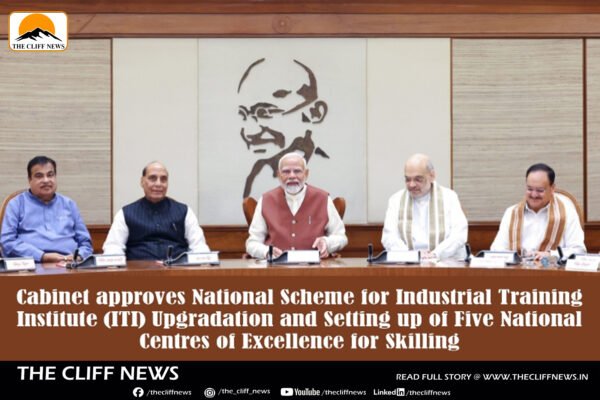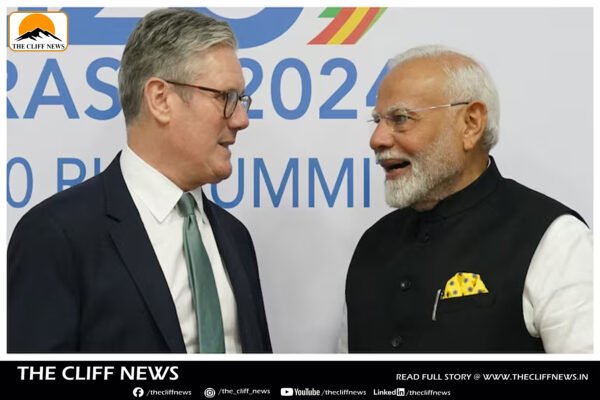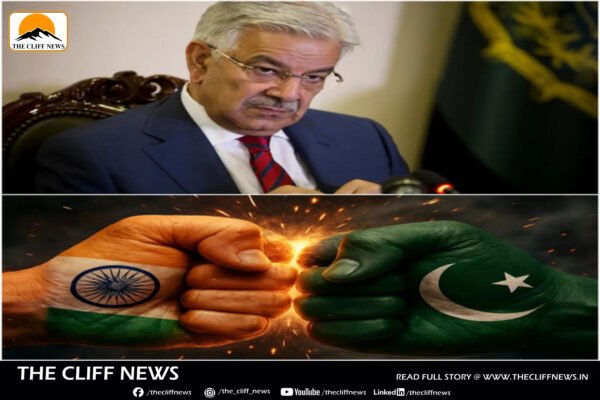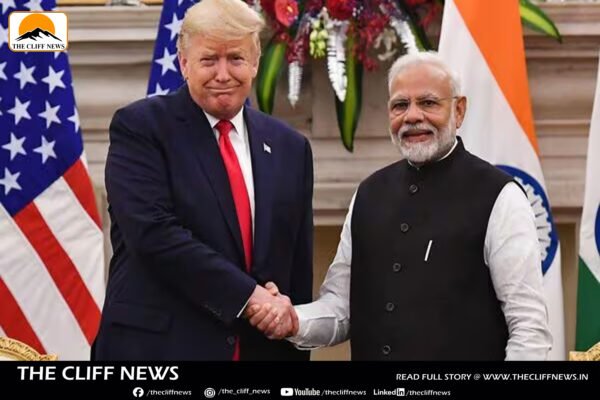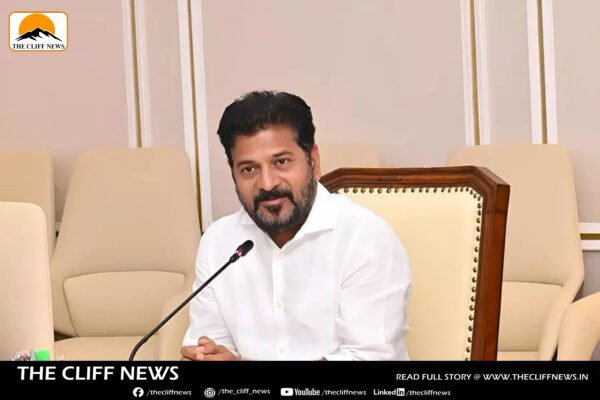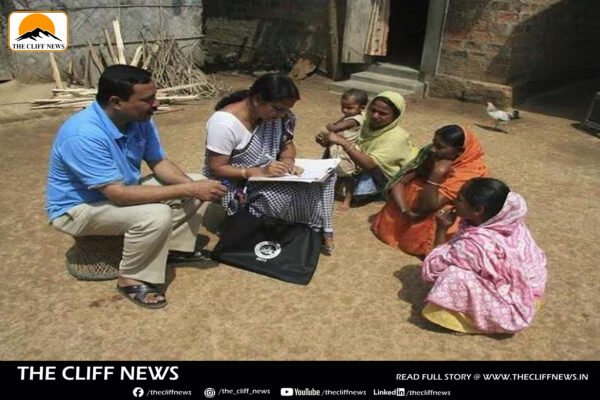PM Modi Cancels European Tour Following ‘Operation Sindoor’ Amid Rising Tensions
In the aftermath of India’s Operation Sindoor, Prime Minister Narendra Modi has cancelled his highly anticipated three-nation European tour, which was set to include stops in Croatia, Norway, and the Netherlands in mid-May. Although the official reasons for the cancellation have not been publicly disclosed, the timing of the decision suggests a strategic shift in diplomatic priorities due to escalating regional tensions following India’s military actions. The cancellation follows India’s successful ‘Operation Sindoor’, which targeted terrorist infrastructure in Pakistan and Pakistan-occupied Kashmir (PoK). The operation was a direct retaliation to the terrorist attack in Pahalgam on April 22, where 26 civilians tragically lost their lives. In response, the Indian Armed Forces executed precision strikes against nine identified terror sites, allegedly used by groups such as Jaish-e-Mohammed, Lashkar-e-Taiba, and Hizbul Mujahideen to orchestrate attacks against India. India made it clear that these strikes were targeted, measured, and aimed specifically at terrorist infrastructure, carefully avoiding any escalation by not targeting Pakistani military installations. Pakistan condemned the strikes, calling them an act of war. The operation, while reaffirming India’s stance against terrorism, has contributed to an increased focus on domestic and regional security. As a result, PM Modi is expected to prioritize national security and immediate regional concerns over foreign visits at this critical time. Additionally, PM Modi also cancelled his planned visit to Russia, where he was supposed to attend the Victory Day celebrations on May 9 in Moscow, marking the 80th anniversary of the Soviet Union’s victory over Nazi Germany. Kremlin spokesperson Dmitry Peskov confirmed that India would be represented at a different level during the celebrations. This further underscores the shifting focus of Indian diplomacy following the heightened security situation in the region.
